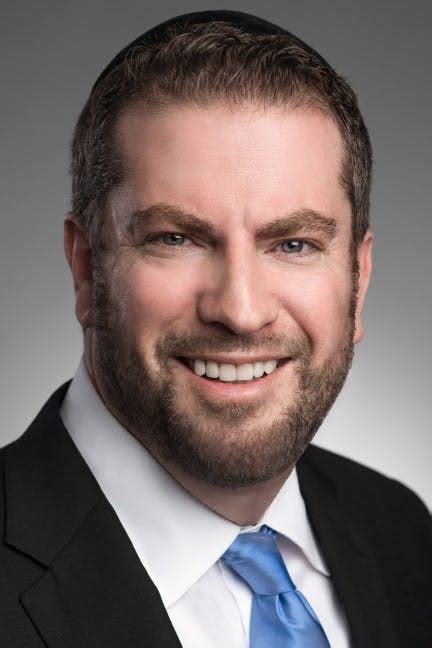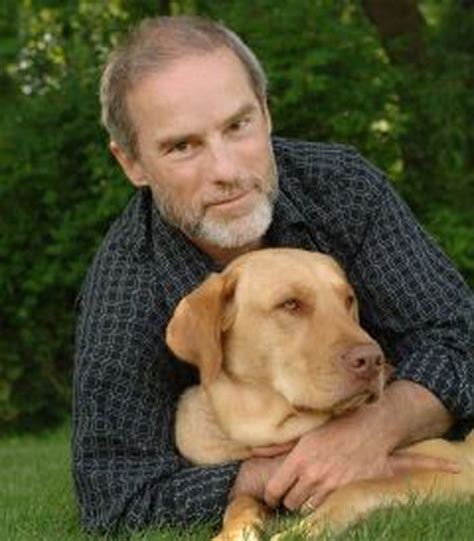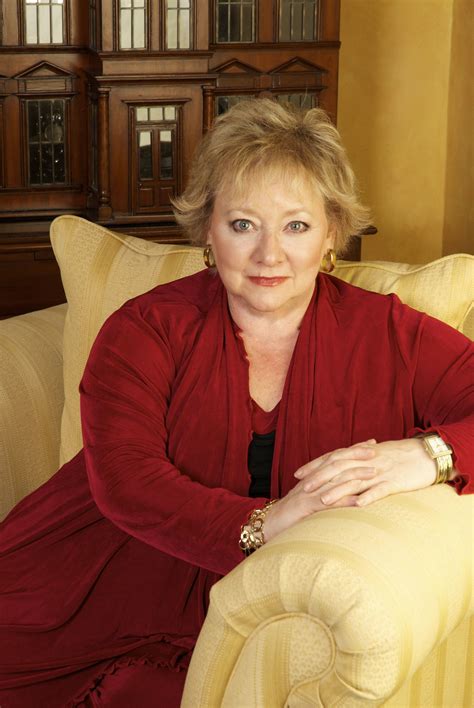A Quote by Paul Auster
We all die, we all get sick, we all feel hunger and lust and pain, and therefore human life is consistent from one generation to the other. We all - most of us, anyway - want connections with other people and spend our lives looking for them.
Related Quotes
I want to stay active. I want to find that mind-body connection every single day, and I want other people to have that because we spend our lives on our phones, at our desks. We're not thinking about our bodies and the mental connections we should be having, and those moments help us push through to live our best life.
Consider, for example, lust versus love. When we lust after someone or something, we think in terms of what they (or it) can do for us. When we love, however, our thoughts are immersed in what we can give to someone else. Giving makes us feel good, so we do it happily. But when we lust, we only want to take. When someone we love is in pain, we feel pain. When someone whom we lust is in pain, we only think in terms of what that loss or inconvenience means to us.
Everything in the world we want to do or get done, we must do with and through people. Every dollar we will ever earn must come from people. The person we love, and with whom we want to spend the rest of our life, is a human being with whom we must interact. Our children are individuals, each different from any other person who ever lived. And what affects them most is our attitude-the loving kindness they see and feel whenever we are around them. If you'll begin to develop and maintain an attitude that says yes to life and the world, you'll be astonished at the changes you'll see.
Greed, envy, sloth, pride and gluttony: these are not vices anymore. No, these are marketing tools. Lust is our way of life. Envy is just a nudge towards another sale. Even in our relationships we consume each other, each of us looking for what we can get out of the other. Our appetites are often satisfied at the expense of those around us. In a dog-eat-dog world we lose part of our humanity.
It's easy for us to feel separate from other people and from other forms of life, especially if we don't have a reliable connection to our own inner world. Without insight into our internal cycles of pleasure and pain, desires and fears, there is a strong sense of being removed, apart or disconnected. When we do have an understanding of our inner lives, it provides an intuitive opening, even without words, to the ties that exist between ourselves and others.
People who have lost their hunger for justice are not ultimately powerful. They are like sick people who have lost their appetite for what is truly nourishing. Such sick people should not frighten or discourage us. They should be prayed for along with the sick people who are in the hospital. "The love for justice that is in us is not only the best part of our being but it is also the most true to our nature."
You know we're constantly taking. We don't make most of the food we eat, we don't grow it, anyway. We wear clothes other people make, we speak a language other people developed, we use a mathematics other people evolved and spent their lives building. I mean we're constantly taking things. It's a wonderful ecstatic feeling to create something and put it into the pool of human experience and knowledge.
Sometimes we are tempted to be that kind of Christian who keeps the Lord’s wounds at arm’s length. Yet Jesus wants us to touch human misery, to touch the suffering flesh of others. He hopes that we will stop looking for those personal or communal niches which shelter us from the maelstrom of human misfortune and instead enter into the reality of other people’s lives and know the power of tenderness. Whenever we do so, our lives become wonderfully complicated and we experience intensely what it is to be a people, to be part of a people.
Human beings are very unbalanced and prone to go off on tangents. In every area of life- with too great emphasis on one thing, leaving out another important thing altogether. None of us will ever be perfectly balanced in our spiritual lives, our intellectual lives, our emotional lives, our family lives, in relationships with other human beings, or in our business lives. BUT WE ARE CHALLENGED TO TRY, WITH THE HELP OF GOD. We are meant to live in the scriptures.
We come here because we too feel a responsibility for the human community. To preserve and develop a human quality of life is the common responsibility of us all. It is not fitting that those concerned with the various aspects of the human be alienated from each other. Both you and ourselves represent forces too profound and aim at objectives too significant for either of us to succeed completely without the assistance of the other. The urgency of our work impels us to get on with our common task lest a new period of disaster erupt over the Earth.


































